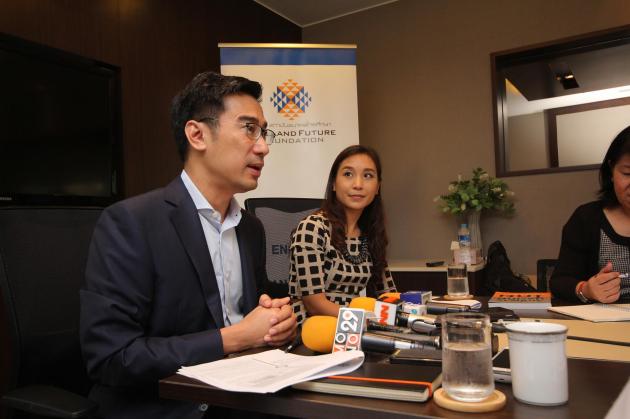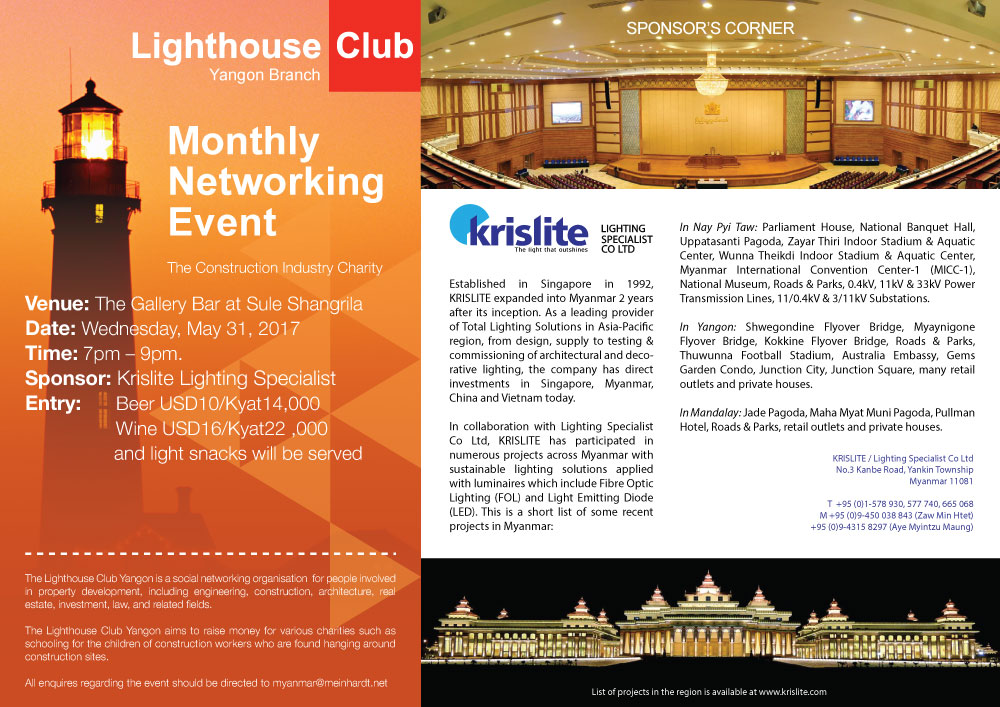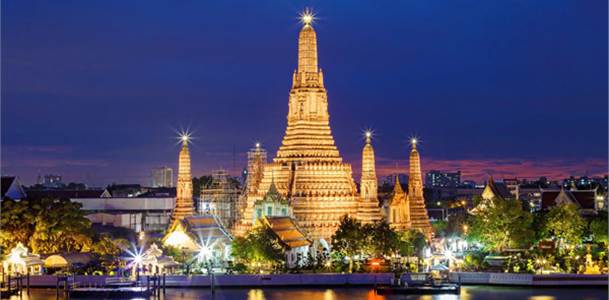THE THAILAND Future Foundation has released shocking findings about life in Bangkok in its bid to encourage urban residents to push for change.
It’s time Bangkok people seriously express their expectations and push for those involved to deliver,” TFF executive chairman Sethaput Suthiwart-Narueput said.
He spoke after a study by the TFF showed Bangkok people spend three hours a day on commuting on average, and traffic problems are worsening.
“This is despite the fact that there are 37 agencies responsible for Bangkok’s traffic affairs,” he said.
Such unpleasant facts are acutely reflected in Bangkok being ranked 102 in a list of the 140 best cities to live.
This is in sharp contrast to Bangkok’s status as the most popular city in the world to visit.
The TFF said that as people’s quality of life was being affected by living in Bangkok, it undertook the research to urge people to pay more attention to policies relating to the capital. It wants people to create a “Bangkok agenda” that respond to their needs.
The research was carried out over more than two years, with it yielding 10 main facts.
Fact No 1: There are 37 units related to tackling the traffic problem in Bangkok. The Bangkok Metropolitan Administration is assigned with building and maintaining traffic lights, but the traffic police handle the task.
A Castrol Magnatec Stop-Start Index survey found that the average car speed in Bangkok is 16km/h.
‘Public transport failure’
Fact No 2: More money is being pumped into public transport than is warranted given the number of people using it.
The Airport Rail Link is used by some 17 million people a year, and Bt33 billion is invested in it.
The Chao Phraya River and the Klong Saen Saep boat services serve more than 29 million people a year, but only Bt70 million is invested in them.
Fact No 3: There are more than 3,200 municipal officers in Bangkok city – 200 in the City Law Enforcement Department, and 3,000 in the district offices. The city occupies 1,568 square kilometres, which means there are two municipal officers for every square kilometre.
Fact No 4: Bt377 million is spent yearly on public relations for Bangkok projects including Bt30 million for the “Bangkok: The City of Happiness” campaign, and Bt20 million for “Love Bangkok, Build It”.
Fact No 5: Living in Bangkok is too expensive for many people, forcing them to move to suburban areas.
Land and condominium prices in Bangkok rose 8 per cent in seven years, while the cost of public transport is more expensive than in Tokyo, Hong Kong or Shanghai.
Fact No 6: There is only 2.2 square metres of usable green zones per person, which is less than half the amount that BMA said there was. The BMA included in its figure private zones and even traffic islands.
Fact No 7: Some 97,000 people are city employees – two times the number in Seoul, and 1.5 times the number in Jakarta.
Each of those two cities has about a million more people than Bangkok.
Math test shocker
Fact No 8: Two-thirds of students in Bangkok failed the math test conducted by the Programme for International Student Assessment.
For the 2012 test, 65 per cent of students failed – a result equal to Mexico and Montenegro.
Fact No 9: Every office related to the running of the city was rated as “having very good performance”, resulting in Bt2.3 billion being paid out in bonuses.
Another Bt200 million and Bt66 million were used to train city staff and send them abroad for study respectively.
Fact No 10: The money spent on building the new BMA office had reached two times the amount spent to build The Ritz-Carlton Residences project, which is the tallest building in Thailand.
Construction of the BMA has been under way for more than 20 years, with Bt9.9 billion spent at the time of the research.
Source: http://www.nationmultimedia.com/national/Research-reveals-ugly-side-to-Bangkok-life-30271979.html


